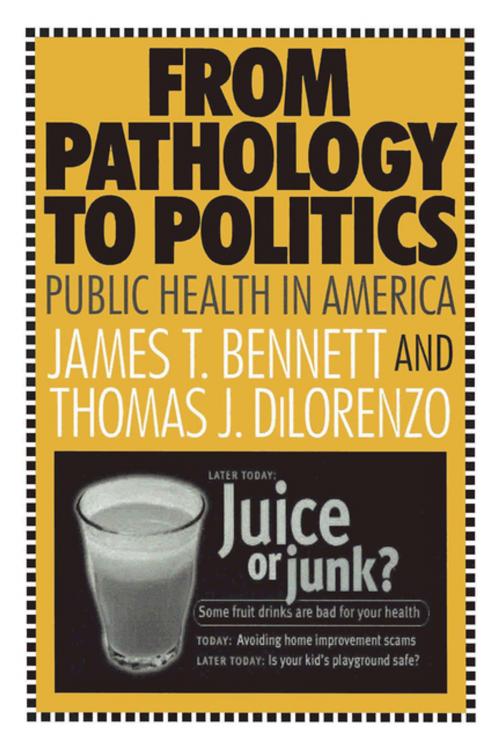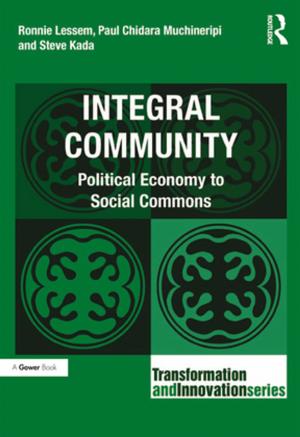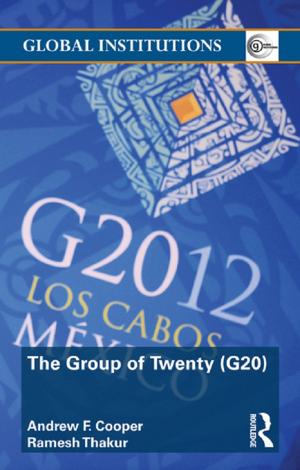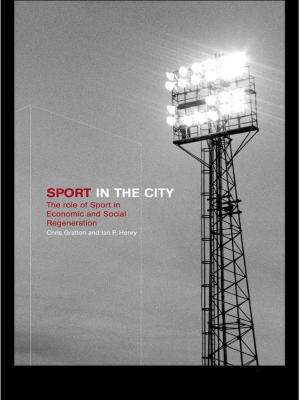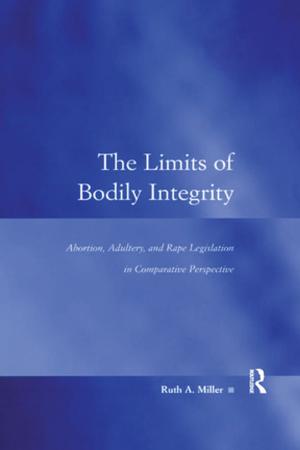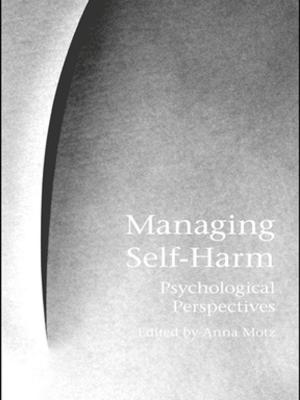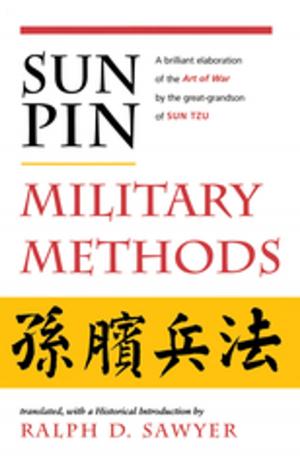From Pathology to Politics
Public Health in America
Nonfiction, Health & Well Being, Medical, Reference, Public Health, Social & Cultural Studies, Political Science| Author: | Thomas DiLorenzo | ISBN: | 9781351518550 |
| Publisher: | Taylor and Francis | Publication: | September 4, 2017 |
| Imprint: | Routledge | Language: | English |
| Author: | Thomas DiLorenzo |
| ISBN: | 9781351518550 |
| Publisher: | Taylor and Francis |
| Publication: | September 4, 2017 |
| Imprint: | Routledge |
| Language: | English |
Barely a day goes by without news of the latest public health threat from the American media. Some of us are told we live in a ""cancer cluster""-an area with a disproportionate number of cancer deaths. During the summer months, those who live in or near urban areas are bombarded with daily smog measurements and air pollution alerts. City water supplies are frequently called health hazards. At times, it seems as though virtually everything we eat and drink is denounced as bad for us by some ""public health expert."" Our cars burn too much gasoline; we own too many firearms; we are too fat; some of us are too skinny. Americans today are living longer than they ever have before. Why the almost daily announcements of new public health threats and proclamations of impending crises? Bennett and DiLorenzo address this question and others here. They begin by examining the large public health bureaucracy, its preoccupation with expanding governmental programs, and its concern with political issues that too often have little to do with improving public health. Then they trace the evolution of the American public health movement from its founding after the Civil War to the 1950s. They describe the transformation of public health's focus from the eradication of disease to social policy as a by-product of the 1960s. Bennett and DiLorenzo catalogue the ""radicalization"" of the public health movement by discussing its numerous political initiatives. They include case studies of the politicization of the public health movement in America. The authors reveal various methods of statistical manipulation that certain public health researchers use to ""cook the data"" in order to achieve politically correct results. A final chapter discusses the implications of the transformation of public health from pathology to politics. This vigorously argued analysis sees the public health movement as claiming expertise on virtually every social issue, from poverty to human rights. Students of public pol
Barely a day goes by without news of the latest public health threat from the American media. Some of us are told we live in a ""cancer cluster""-an area with a disproportionate number of cancer deaths. During the summer months, those who live in or near urban areas are bombarded with daily smog measurements and air pollution alerts. City water supplies are frequently called health hazards. At times, it seems as though virtually everything we eat and drink is denounced as bad for us by some ""public health expert."" Our cars burn too much gasoline; we own too many firearms; we are too fat; some of us are too skinny. Americans today are living longer than they ever have before. Why the almost daily announcements of new public health threats and proclamations of impending crises? Bennett and DiLorenzo address this question and others here. They begin by examining the large public health bureaucracy, its preoccupation with expanding governmental programs, and its concern with political issues that too often have little to do with improving public health. Then they trace the evolution of the American public health movement from its founding after the Civil War to the 1950s. They describe the transformation of public health's focus from the eradication of disease to social policy as a by-product of the 1960s. Bennett and DiLorenzo catalogue the ""radicalization"" of the public health movement by discussing its numerous political initiatives. They include case studies of the politicization of the public health movement in America. The authors reveal various methods of statistical manipulation that certain public health researchers use to ""cook the data"" in order to achieve politically correct results. A final chapter discusses the implications of the transformation of public health from pathology to politics. This vigorously argued analysis sees the public health movement as claiming expertise on virtually every social issue, from poverty to human rights. Students of public pol
